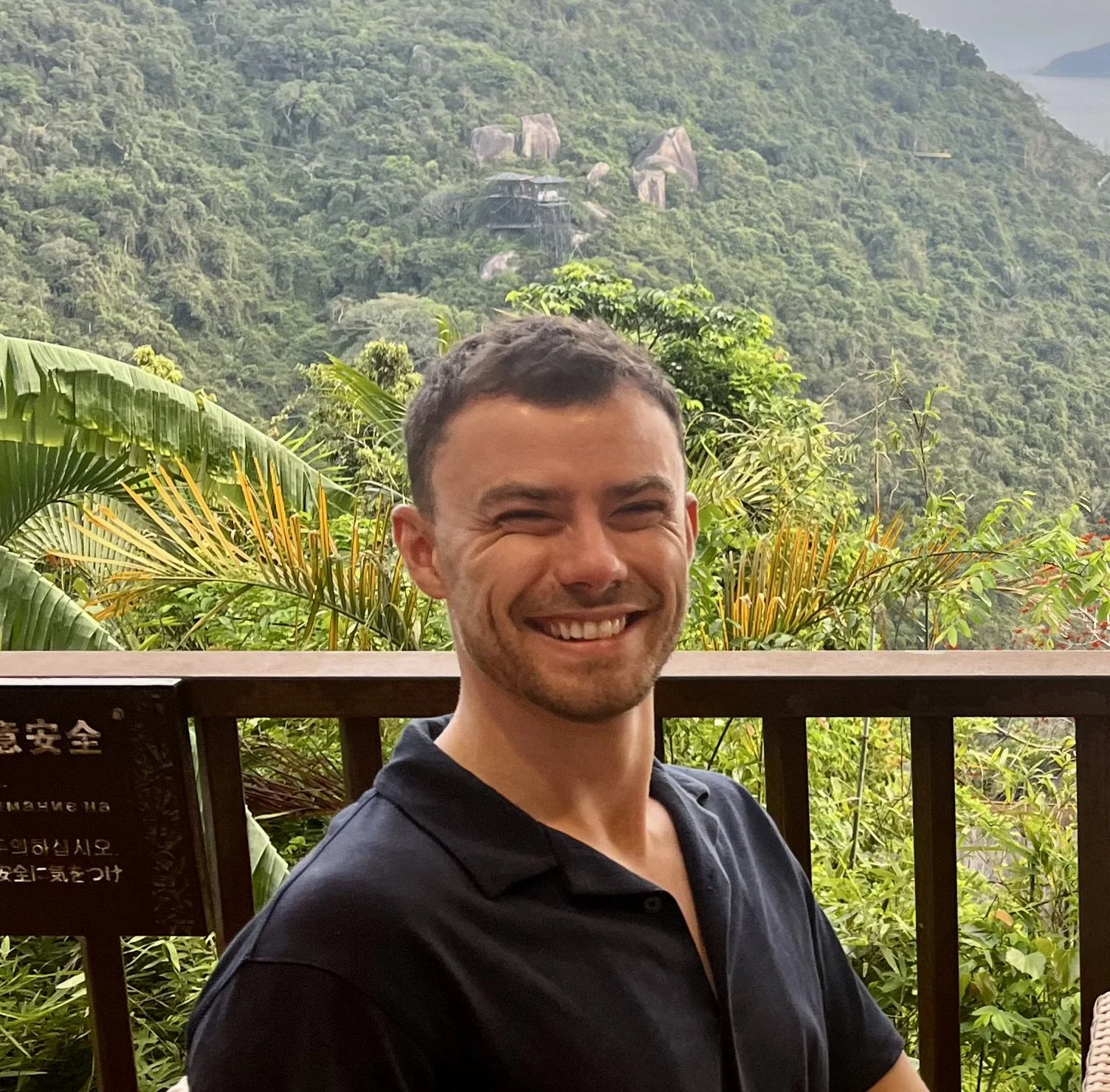Dr Felix Goodbody is an academic and higher education professional based in Shanghai.
This article explores the complex professional and personal relationship between Edward Hume, an American missionary physician, and Fu-ch’ing Yen, a Chinese physician trained in the United States, during their work at the Yale University medical mission in Changsha, Hunan, from 1906 to 1926. The partnership between Hume and Yen exemplifies the collaboration and compromise required to sustain and develop a major medical institution in provincial China, highlighting broader tensions in early 20th-century Sino-American medical education and professional identity. Their differing priorities led to a temporary rift over the purpose of their work at the Yale Mission, reflecting deeper debates about professional identity, Sino-foreign cooperation, and the evolving dynamics of Western medicine in China.
“‘What the Kingdom of God in China requires’: Negotiating Medical Professionalism at the Yale-in-China Mission, 1906-1926”
2025: Journal of the Royal Asiatic Society
“Overcoming Linguistic and Cultural Barriers to Student/Staff Communication in International Higher Education: Chinese Students’ Experience and Preferences”
2025: Journal of International and Comparative Education
This study examines the communication preferences of Chinese undergraduates in an international university program in China, focusing on the role of language, culture, and communication tools in interactions with foreign staff. Based on semi-structured interviews with 14 students, the research investigates three main questions: how students prefer to communicate with foreign staff (either face-to-face or digitally), perceived differences between the communication style of local and foreign staff, and strategies students use to overcome linguistic barriers. Findings indicate a clear preference for face-to-face communication, valued for its potential to enhance language skills, build rapport, and make use of non-verbal cues.
“Global citizenship, global access, and world-class education: constructing institutional narratives at the Sino-British universities”
2024: Social Transformations in Chinese Societies
This study aims to contribute to understandings of how international universities in China construct institutional narratives to attract Chinese students by leveraging themes of global citizenship and international mobility. Despite differing operational models, both universities emphasize Western education’s prestige and global citizenship, primarily appealing to affluent families and positioning themselves as pathways to international postgraduate study. The research provides new insights into the student recruitment strategies of international universities in China, contributing to the broader understanding of higher education internationalization in non-Western contexts.
“Using digital tools to address pedagogical and linguistic challenges in a Sino-Foreign undergraduate program”
2023: Journal of International and Comparative Education
The growth of Sino-foreign cooperative universities, departments and courses in China necessitates further discussion of how to develop teaching approaches that suit students attending these institutions. Despite substantial analysis of the commercial dimensions of Sino-foreign university partnerships, discussion of effective teaching strategies within these settings remains underdeveloped. Student feedback and anecdotal observations are drawn upon to underscore the potential utility of certain digital course aids deployed in the classroom and lecture hall, as well as being accessible to students through an online platform.
“City Spotlight: Pedal Power to the People! Top Tips for Bike-Sharing in Shanghai”
2022: English First
Many cities around the world have dipped their toes in bike-sharing schemes, including the much-hyped ‘Boris Bikes’ that appeared in London several years ago. The concept is simple: easy-to-use, hardy bikes that you can hop on and off at your convenience to make urban navigation more efficient. With its miles and miles of concreted-off cycle lanes (where scooters are also permitted) and mostly gentle climate, Shanghai is the perfect city to fall in love with community cycles!
“Liverpool’s Medical Community 1930-1998: Social, knowledge and business networks”
2020: University of Liverpool
My PhD thesis offers a social history of Liverpool’s medical community between 1930 and 1998. The development of medical societies, local professional organisations, hospitals and general practice is used as a lens to explore how professional networks mediated the reception of national health service reform and professional change. These networks were sustained through professional societies, clubs and organizations. However, the creation of the NHS challenged their traditional role through the introduction of increasingly formalised systems to govern career progression, postgraduate medical education and monitoring of professional standards.
